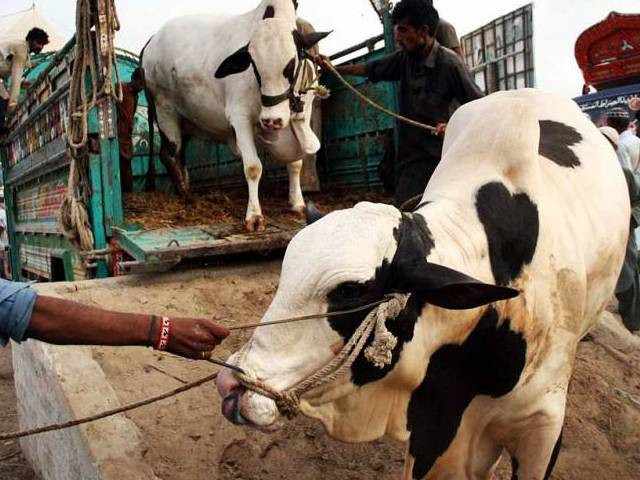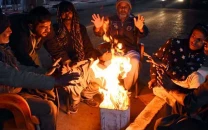Congo virus case confirmed in Balochistan amid global mpox alert
Crimean-Congo Hemorrhagic Fever carries a fatality rate ranging from 10% to 40%, according to WHO

Health authorities in Balochistan confirmed a new case of the Congo virus on Friday as the country remains on high alert due to the ongoing global mpox outbreak.
The virus, known scientifically as Crimean-Congo Hemorrhagic Fever (CCHF), carries a fatality rate ranging from 10% to 40%, according to the World Health Organisation (WHO).
This means that out of every 100 people infected, between 10 and 40 could die, depending on the timeliness of treatment, the quality of healthcare, and the patient's overall health condition.
CCHF is primarily transmitted through tick bites or contact with the blood or tissues of infected animals. The virus is endemic in several regions, including parts of Africa, Europe, and Asia.
In the latest case, a 14-year-old boy named Siraj Ahmed from Khanozai, a town 77 kilometres from Quetta, tested positive for the virus, according to a senior doctor at Quetta’s Fatima Jinnah Chest Hospital.
The patient is currently receiving treatment in the hospital's dedicated Congo isolation ward. Dr Zubair Mandokhail, the deputy medical superintendent at the hospital, mentioned that another suspected case is under observation, with confirmation pending.
Balochistan has reported 23 cases of Congo fever so far this year, resulting in five deaths since January.
Medical professionals in the region note that the incidence of Congo fever typically spikes during the summer, particularly around Eid Al-Adha, an Islamic festival where large numbers of animals are slaughtered.
The festival season often sees an influx of Afghan patients with the virus seeking better medical care in Quetta, further straining local healthcare facilities.
Dr Ali Ahmed Reki, the medical superintendent at Fatima Jinnah Chest Hospital, revealed that nearly 45 suspected cases have been handled this year, with 23 confirmed as positive.
"We regularly receive suspected Congo virus patients, but the numbers tend to increase around Eid Al-Adha when many people visit cattle markets to purchase sacrificial animals," Dr Reki informed.



















COMMENTS
Comments are moderated and generally will be posted if they are on-topic and not abusive.
For more information, please see our Comments FAQ